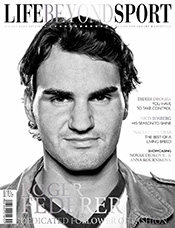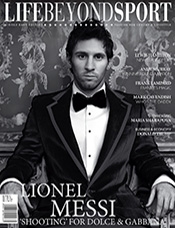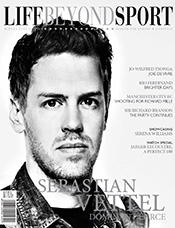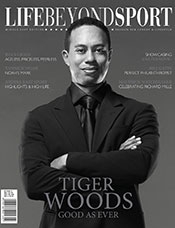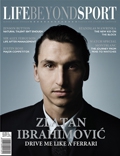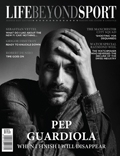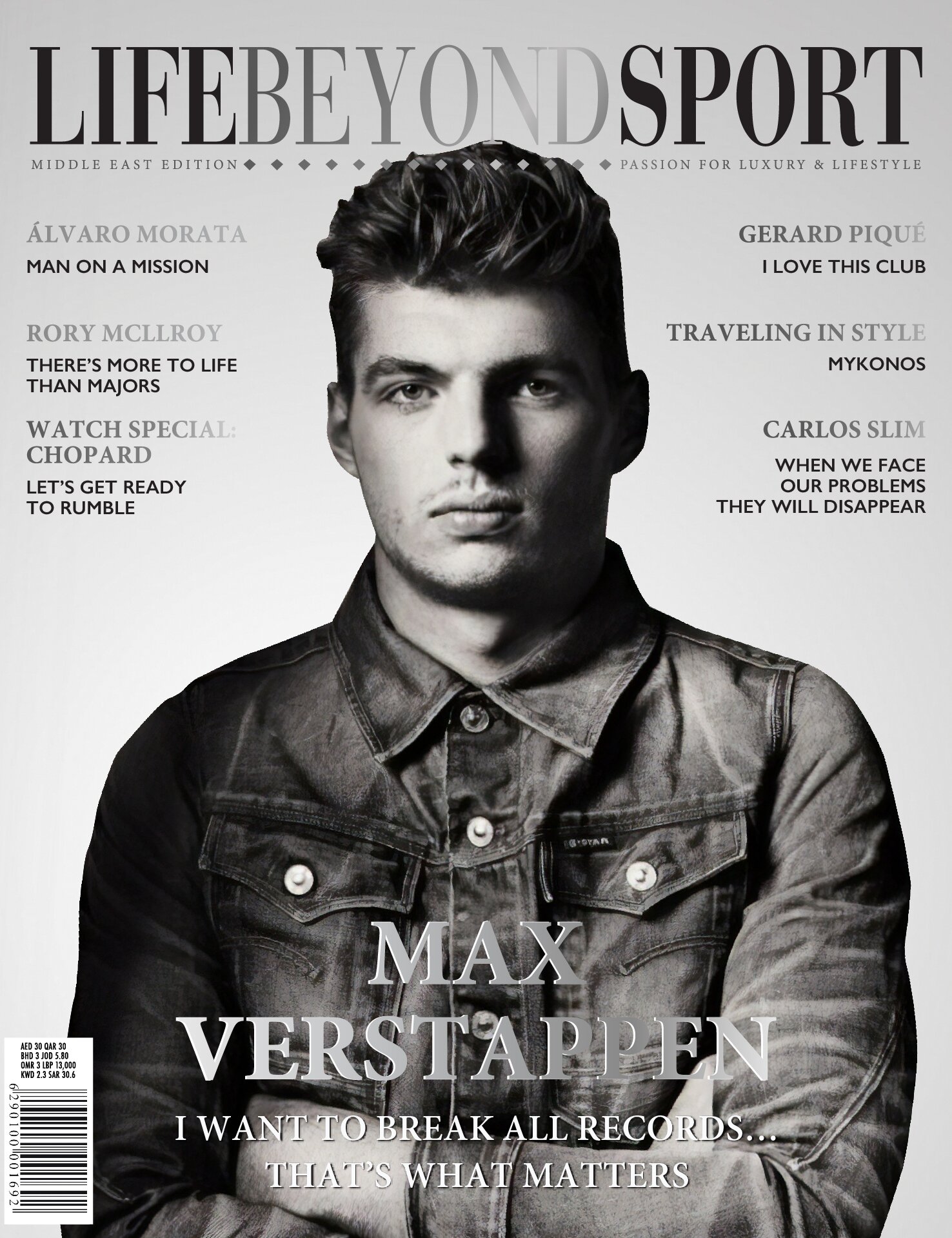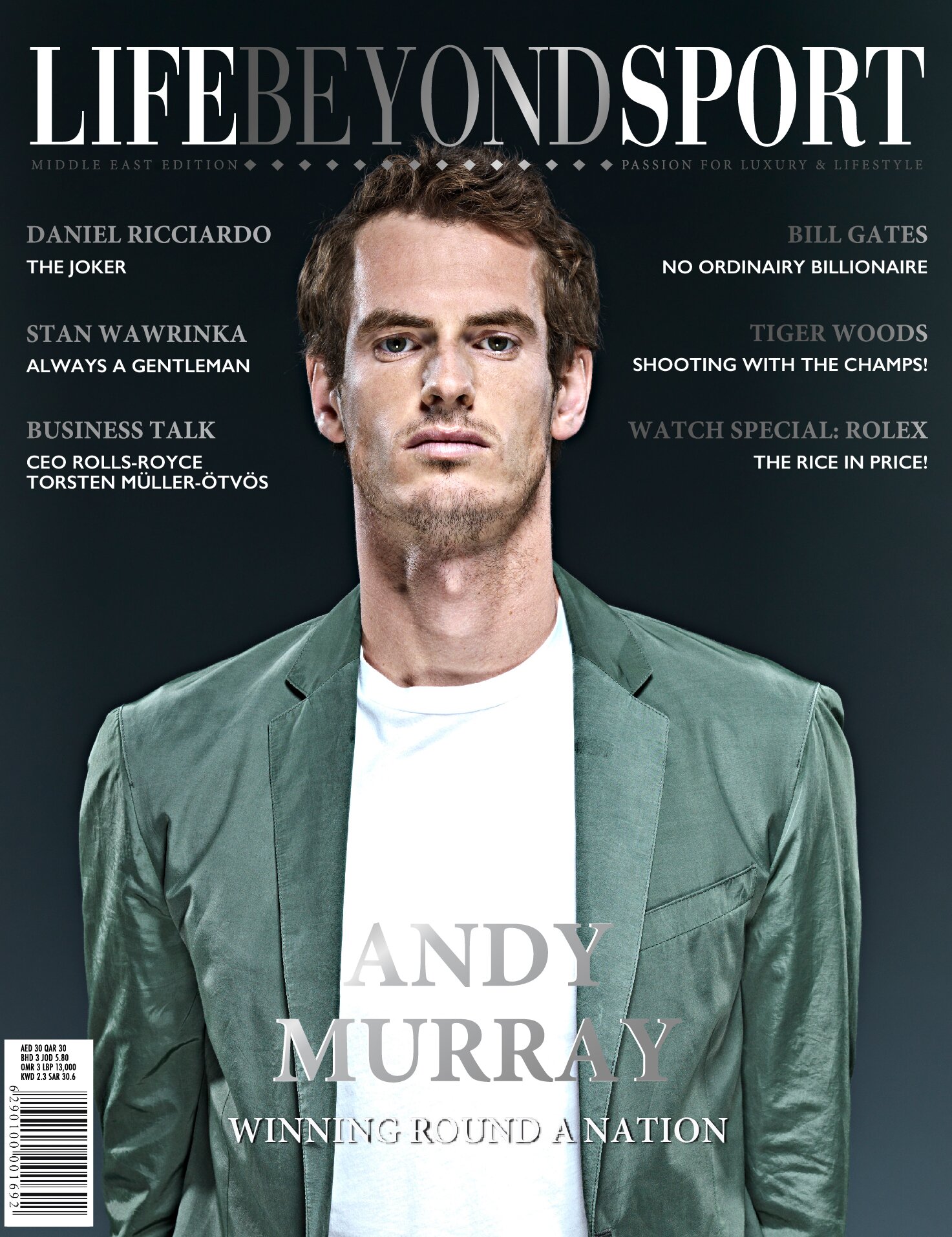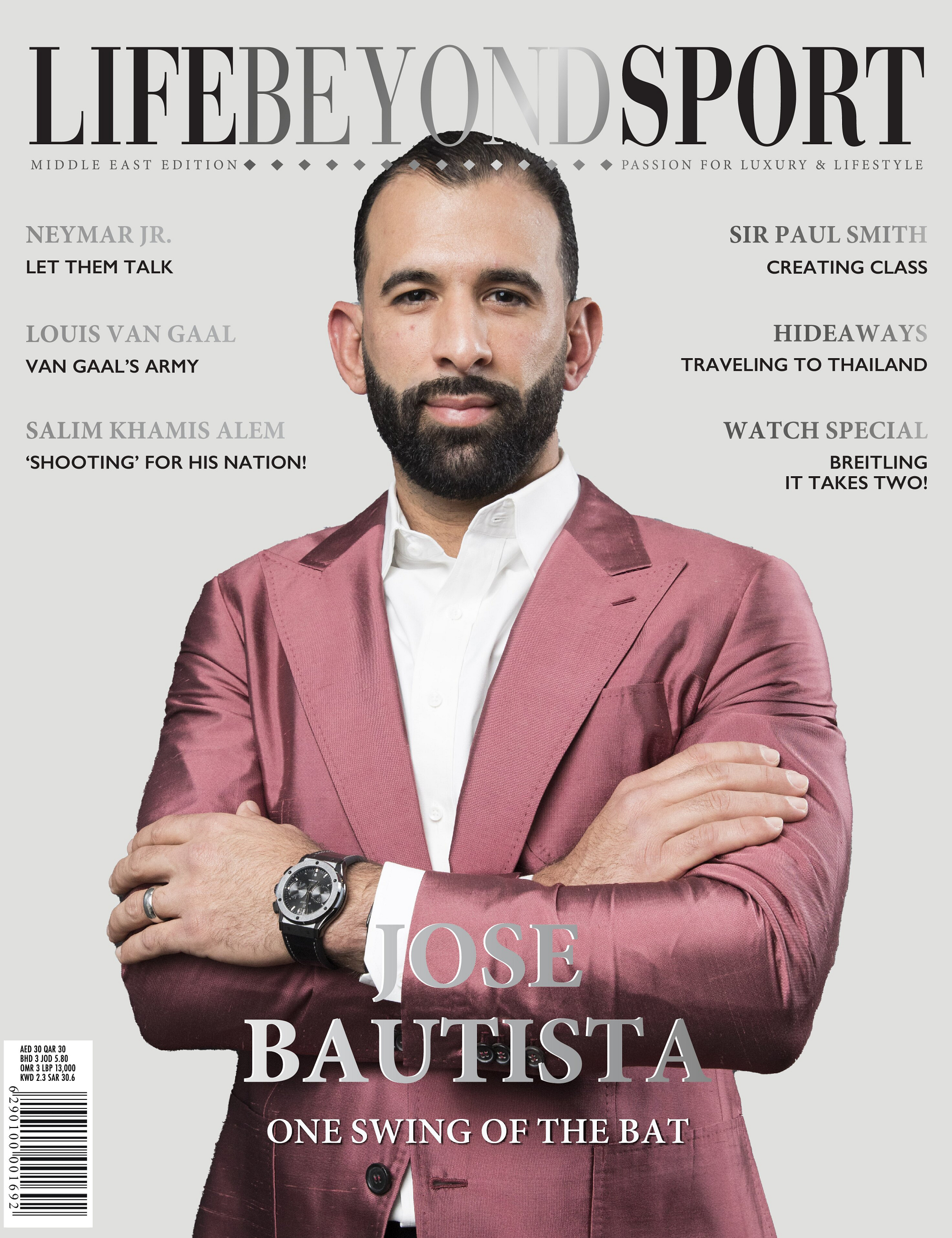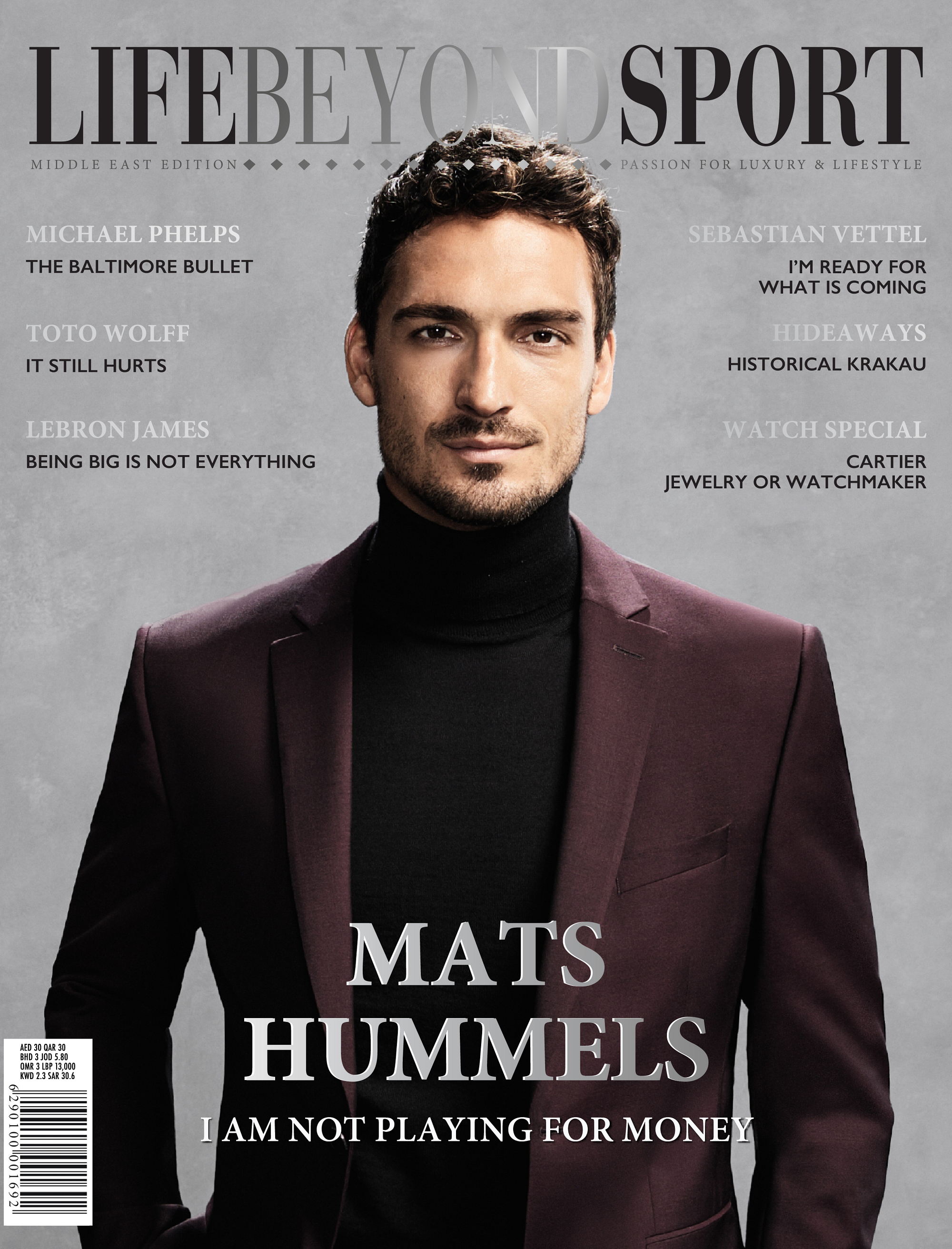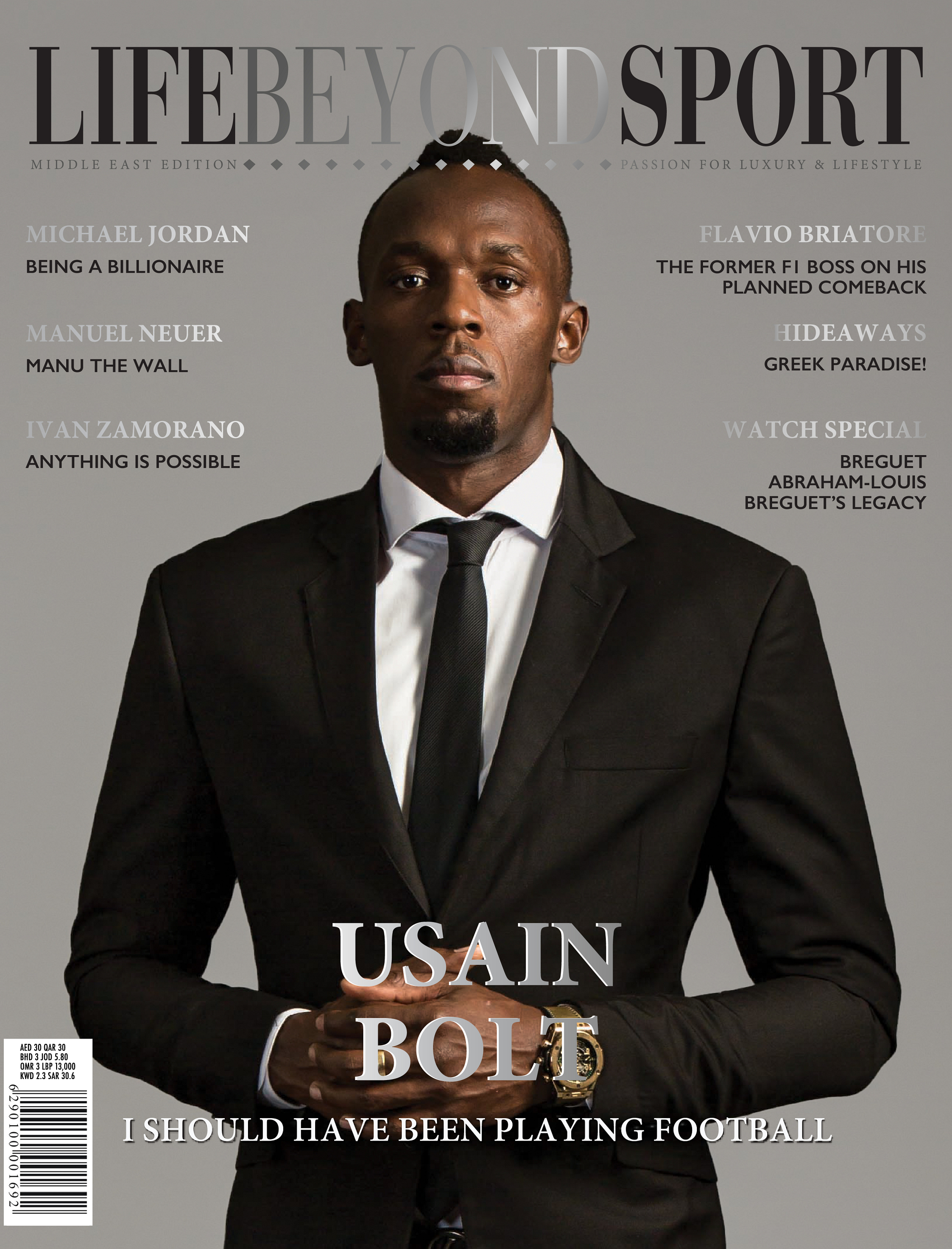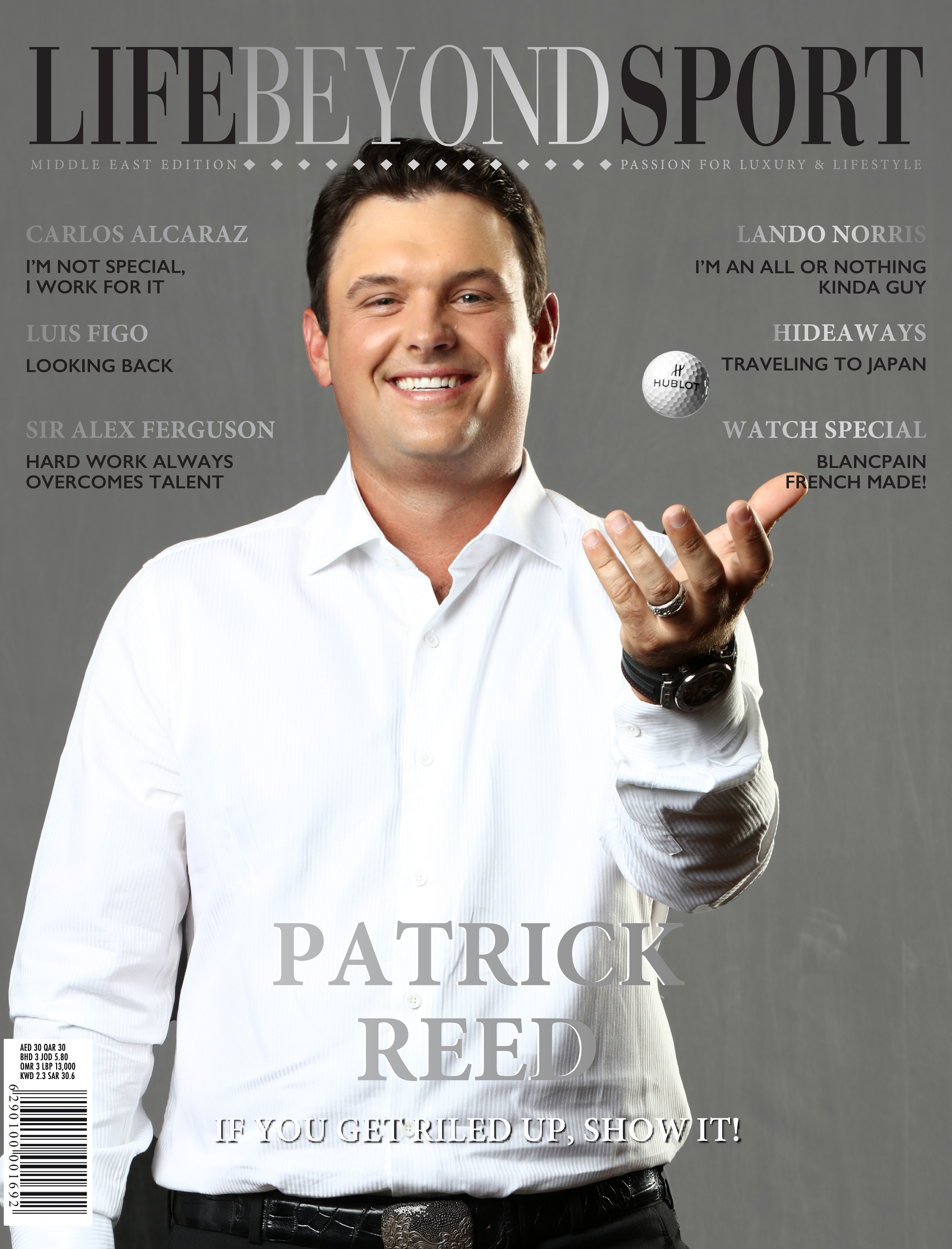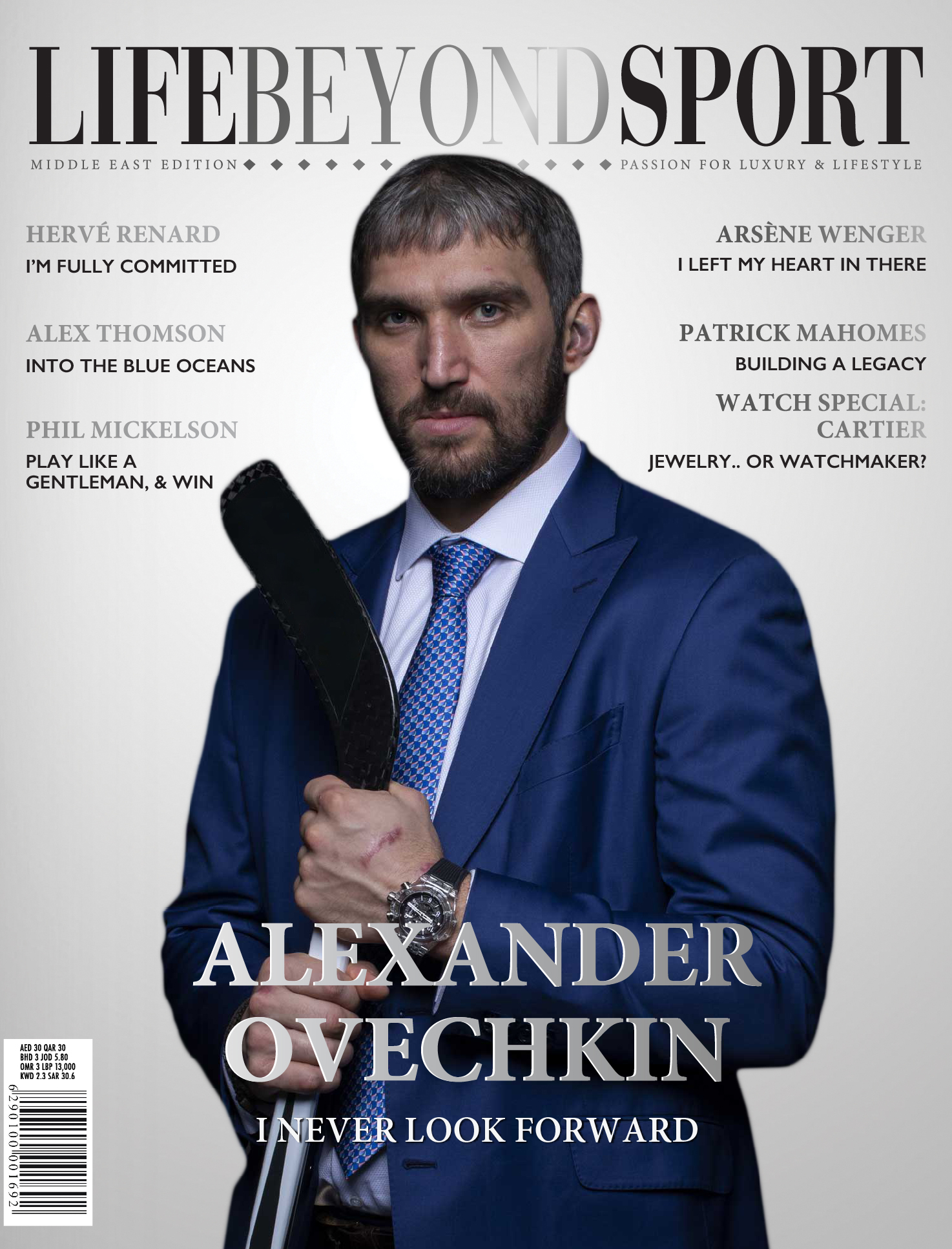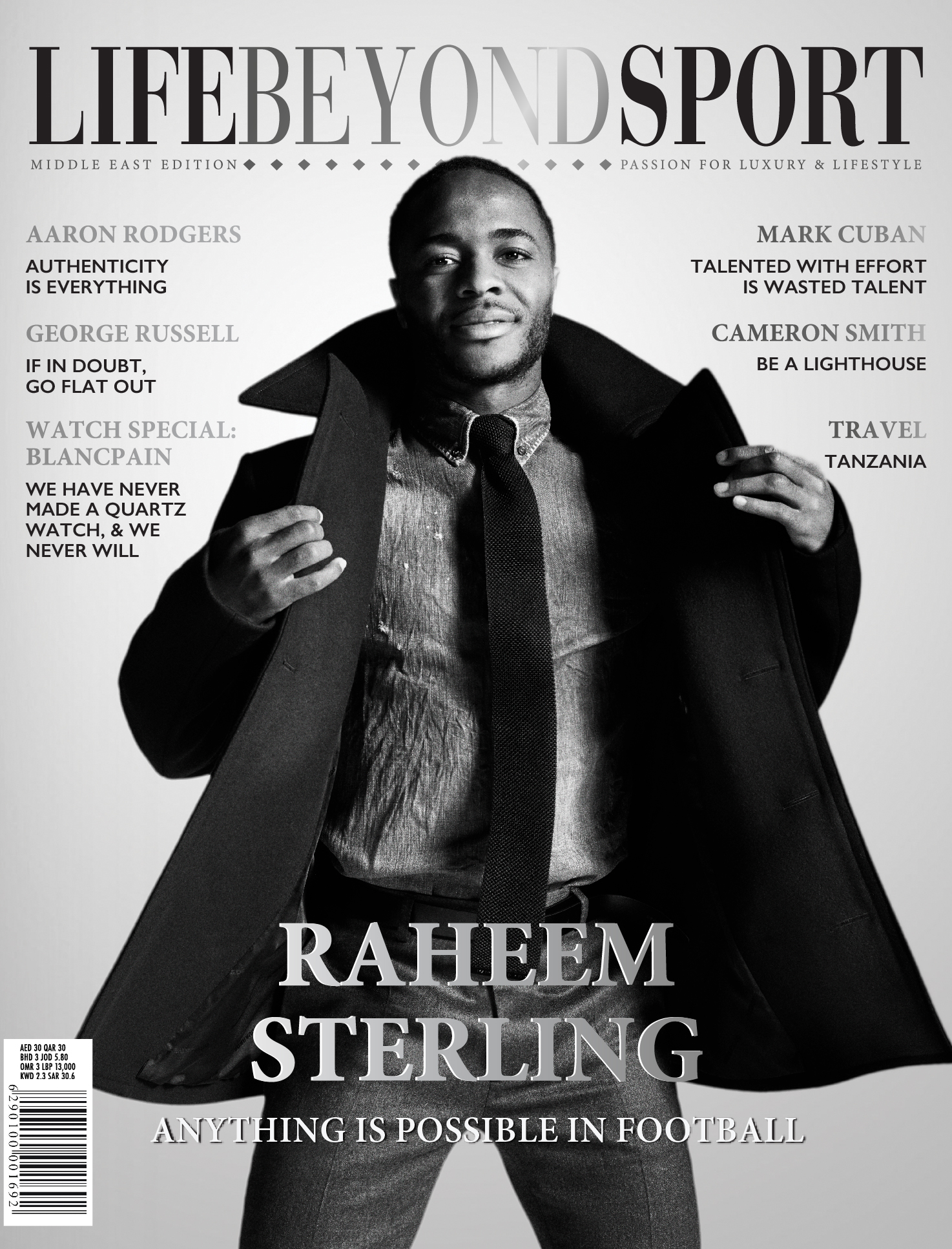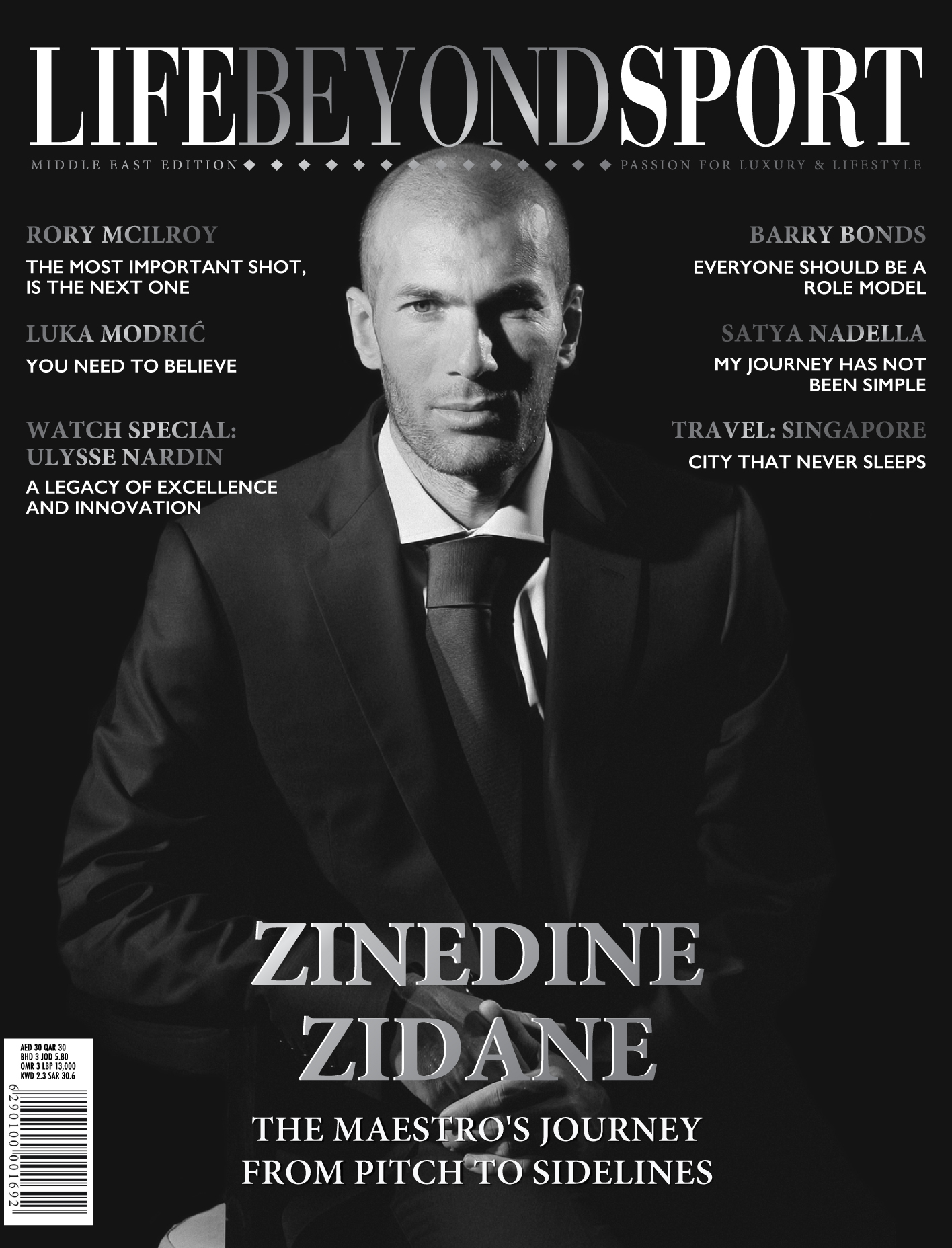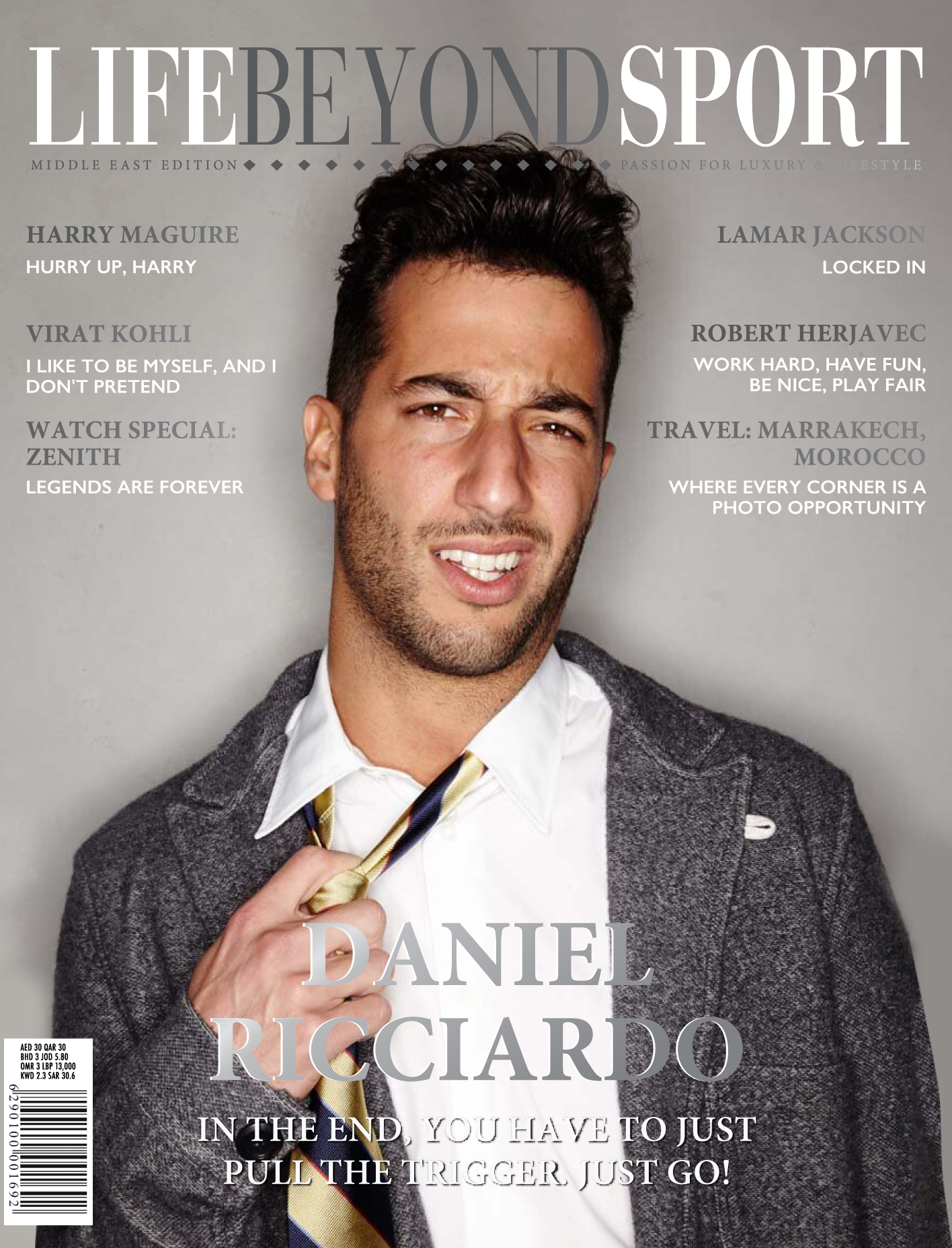Benedict Timothy Carlton Cumberbatch is an English actor who has performed in film, television, theatre and radio. A graduate of the Victoria University of Manchester, he continued his training at the London Academy of Music and Dramatic Art, obtaining a Master of Arts in Classical Acting. Today we spoke to the Englishman in an 1 on 1 interview.
Mr. Cumberbatch, what is happiness for you?
Happiness for me is just being; just being at any given moment. If you are searching for happiness, you are not happy.
That’s a profound answer!
It is true though. It’s the pot at the end of the rainbow, if you start looking for it. But I like the idea that your mind has the power to shape your own reality — however dire, however difficult your circumstances may be.
You practice Buddhist meditation — is that where that principle comes from?
Exactly.
“We all suffer. That’s what life is. There is great joy to be had in realizing that.”
The first truth of Buddhism is that all life is suffering, pain, and misery. Would you agree with that?
Yes. Everything is not necessarily in decay, but change is constant. Everything is in flux. You experience life through your senses and often that is pain. Now, people think of pain as a car crash or a missing limb or life or bullet or something really violent — but it doesn’t have to be. It can be the ache, a slight twist, the way that the body takes on tension; we all suffer. That’s what life is. There is great joy to be had in realizing that and freeing yourself a little bit from it in realizing that there is more in that way that unites us than divides us. It’s all in flux, it’s all in flow, it’s all transient. What comes goes, what goes up, goes down. It’s so simplistic, but it’s a much harder thing to practice, much harder. It becomes very complicated to live by that. It’s very easy to say it.
How do you practice that?
Well, meditation has been proven time and time again, therapeutically, in the ongoing treatment of, for example, cancer patients and people with terminal illnesses, people who suffered injuries or people who have stress or any kind of mental disturbance… Meditation is a tool to access a stillness in the mind which can separate you from your thoughts and can give you enough space to start to relax your body in a way that it needs to get back in a sleeping pattern, or deal with the cause of drugs you are taking. And it is scientifically proven! It’s not some wishy-washy thing that is cool to do because the Beatles were doing it. It has been empiricized along with sleep. I like sleep as well but as a dad you don’t get too much of that. And anyone can do it!
Do you practice it every day?
I try, but I don’t. I wish I did it! Normally I’ll do it once a day, usually in the morning or sometimes if I am jetlagged, I’ll try to meditate wind down at the end of the day. It’s a great way to still a mind before sleeping.
“Being in the present and in the moment is in the heart of what we do as actors.”
It must also be helpful in dealing with the chaos of being a Hollywood actor.
The noise, yeah. It’s very helpful for that. You know, I am glad I had that experience before I began my career, and also that I came to fame late in my career, comparatively. It definitely helps to rebalance and reboot and go, “Oh, that’s where you’re at, that’s what’s dragging you away, how to find your center again. Being in the present and in the moment is in the heart of what we do as actors.” Amongst the smokes and mirrors of it all, it is about being present.
Smoke and mirrors?
It’s all smoke and mirrors! It’s not some sort of acting gym where you’re stripping off layers of self to reveal a layer of truth all the time. You are working to do some of that but in the heartbeat of making a massive film like The Avengers, for example, it can be tough getting that one moment of emotion absolutely nailed in five minutes because that’s all the time they have because of the other, bigger things around it.
It’s about precision.
Well, precision is one thing. In this instance, it’s not a massive development of the character, it’s about how to service the story at the same time as balancing the integrity of a now much-loved part of the Marvel cinematic universe. So, I learn on every job. I would like to think I learn. I learn by watching other people. It was wonderful to watch Robert. It is wonderful to watch him, and to watch people who really know what they are playing inside out.
“I like an unrestricted flow of movement — up or down — as far as career goes.”
Do you think you’ve gotten better at cutting out the rest of the noise, so to speak?
I think it’s a universal power. There is nothing special about that ability, Everybody has it, and I love that — everyone can draw or sing. It’s just about how people are brought to it and learn it and can practice it. I think the noise can still be overwhelming though, there are good and bad days. It’s weird.
Even after all these years?
I don’t think it ever normalizes! I still find it amusing and intrusive and wonderful and startling. It’s all those things. And there are certain aspects, which I won’t talk about now, but which have to do with other people who are not in the room that I am very protective of. That’s my main thing.
Have you become more protective since moving from television into the bigger pond of films within the Marvel universe?
Well, as far as this being a bigger pond than Sherlock… I don’t think it is. I think Sherlock for me has had a bigger reach than something like Dr. Strange because it’s television; it’s more democratic, more people have seen it. The reach that program has had is extraordinary. It was a sort of stink bomb that I knew was going to go the minute I said yes to doing the role. But I didn’t know just how big it would be — it surprised all of us who made it. But you know, I don’t think, like, “It’s getting bigger and more exposing.” I am not really interested in going up and up and up. I don’t think there is much further to go anyway; I like an unrestricted flow of movement — up or down — as far as career goes.
TEXT: RÜDIGER STURM - THE TALKS
.jpg) Life Beyond Sport magazine is a pioneering publication that breaks through the traditional barriers of men’s lifestyle magazines by smoothly combining a man’s love of sport with his passion for the finer things in life. The magazine contains a range of features, interviews and photo-shoots that provide an exclusive insight into the sportsman’s lifestyle. Only in Life Beyond Sport will you find the biggest names from the worlds of Football, Tennis, Formula 1, Golf, Polo and more.
Life Beyond Sport magazine is a pioneering publication that breaks through the traditional barriers of men’s lifestyle magazines by smoothly combining a man’s love of sport with his passion for the finer things in life. The magazine contains a range of features, interviews and photo-shoots that provide an exclusive insight into the sportsman’s lifestyle. Only in Life Beyond Sport will you find the biggest names from the worlds of Football, Tennis, Formula 1, Golf, Polo and more.